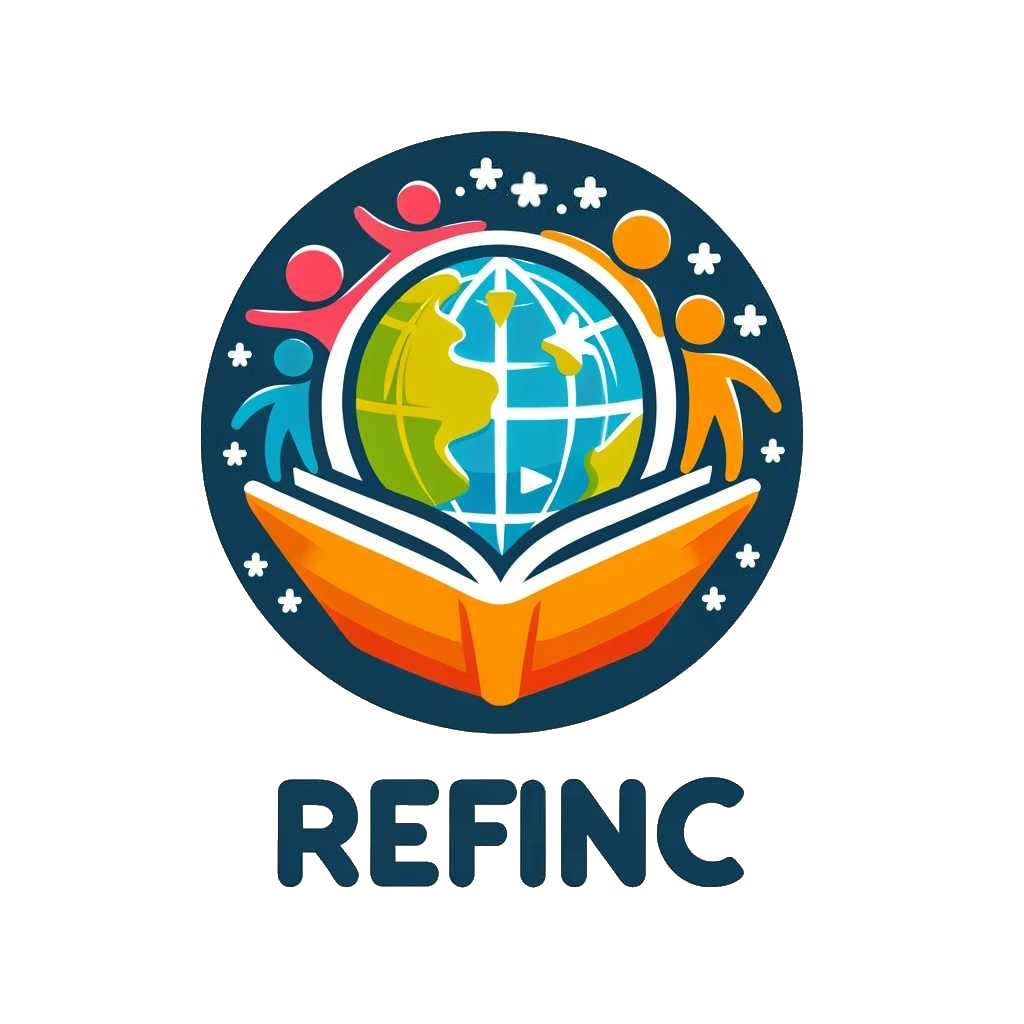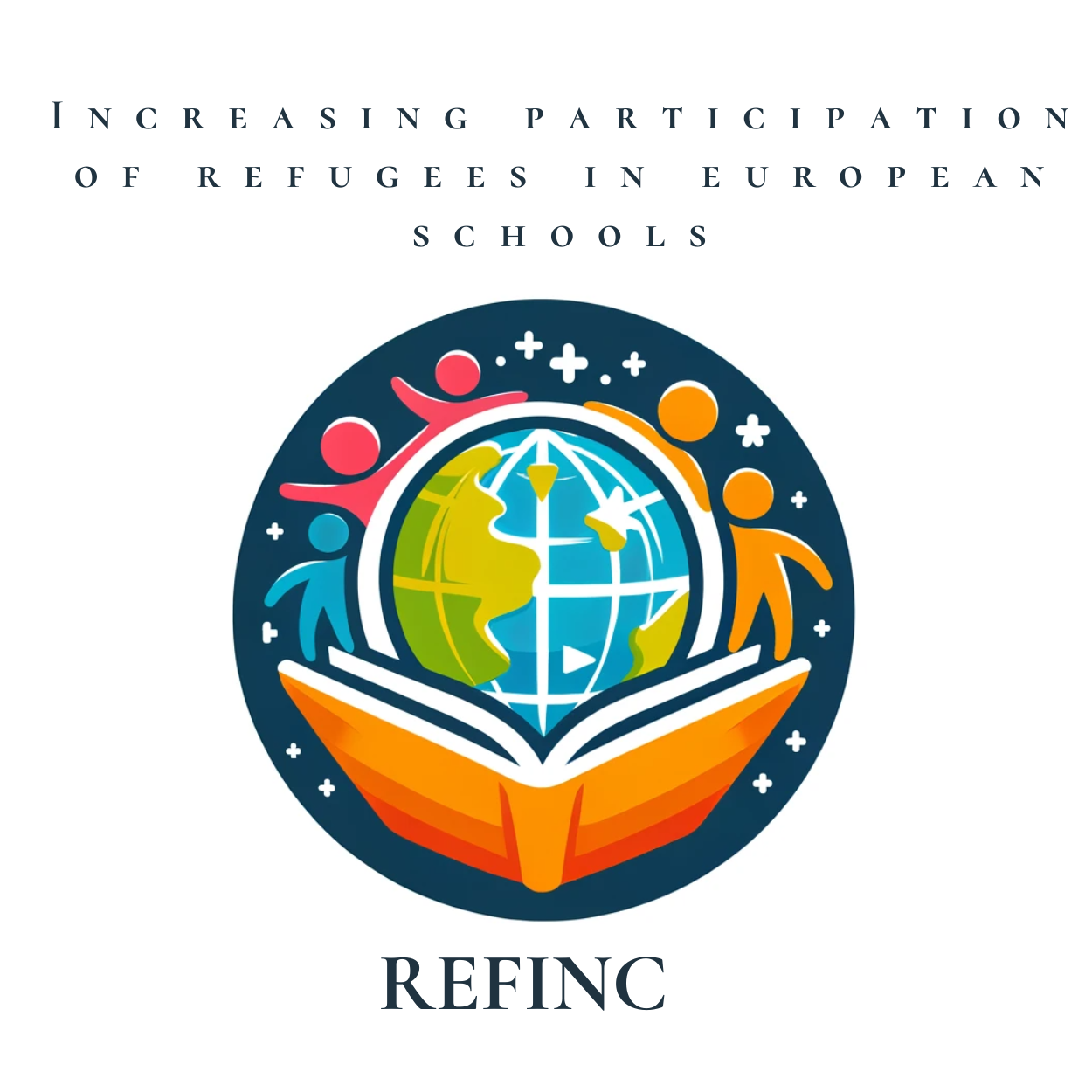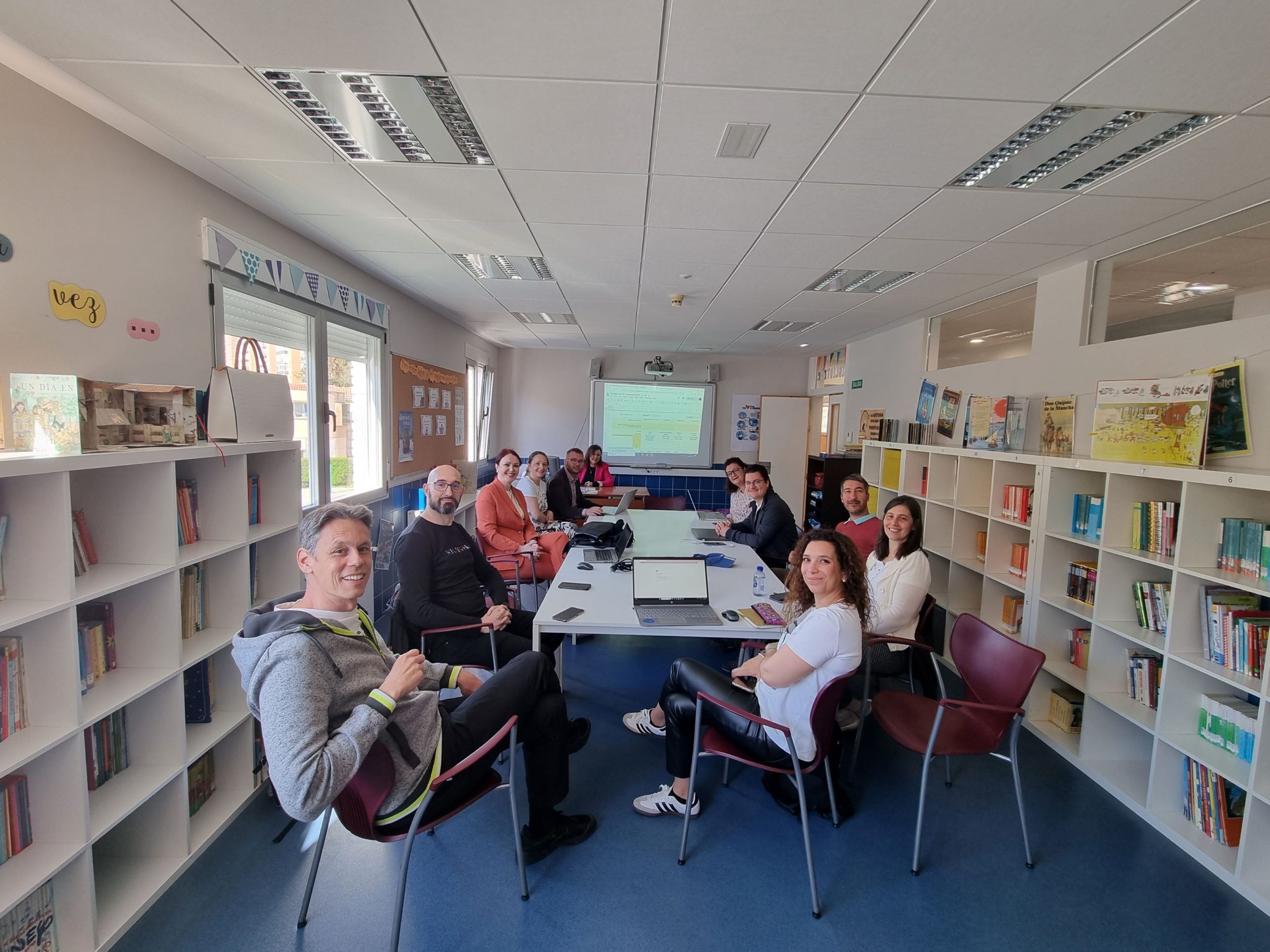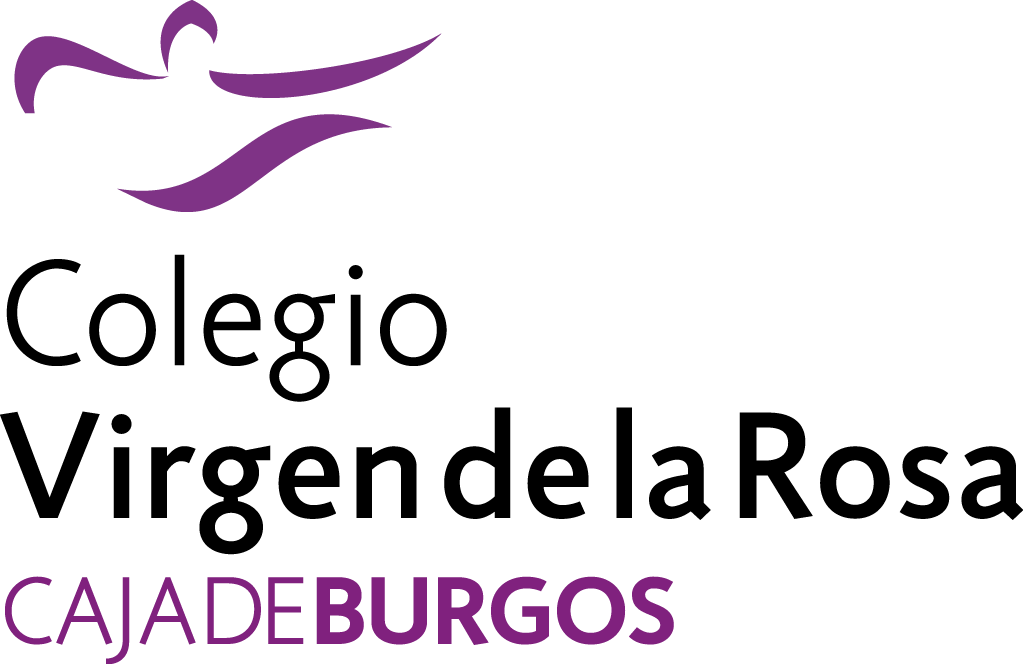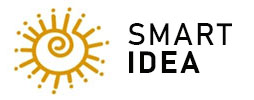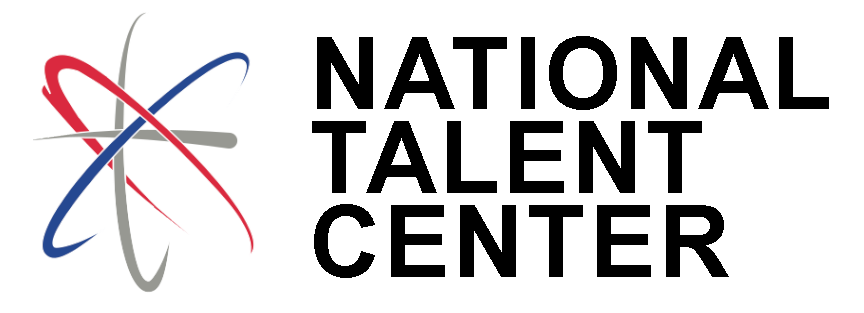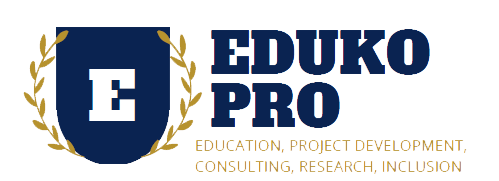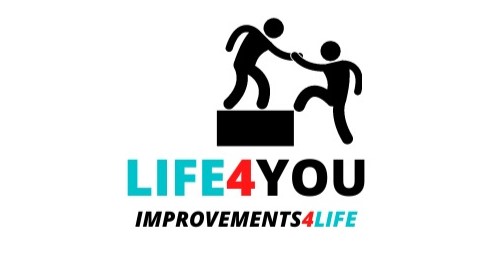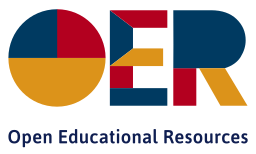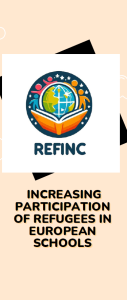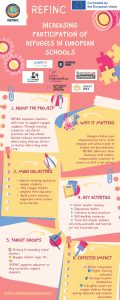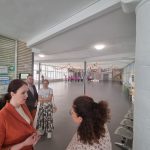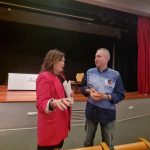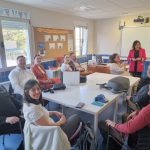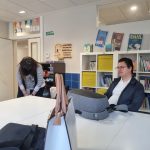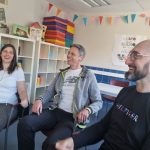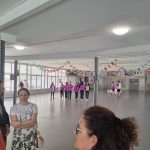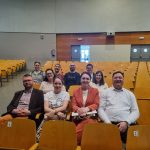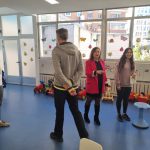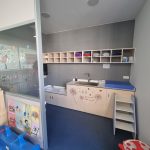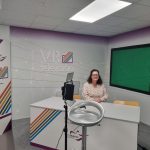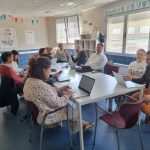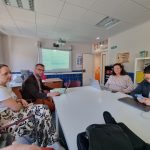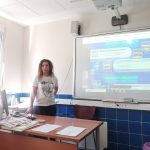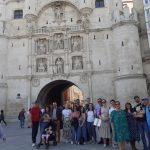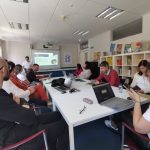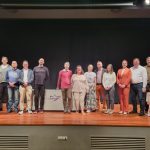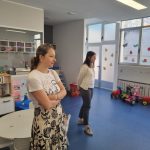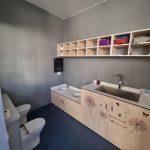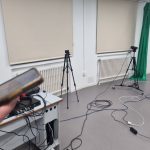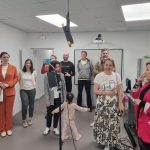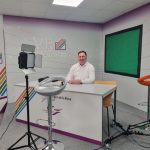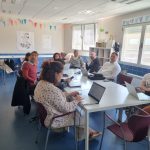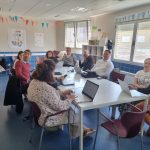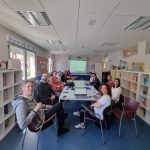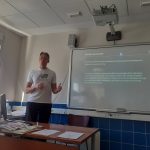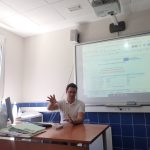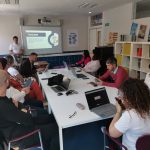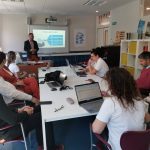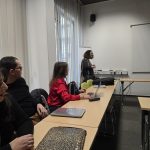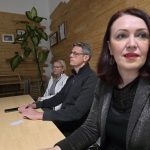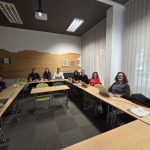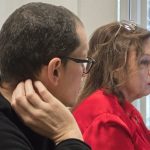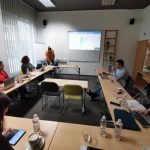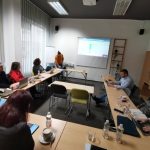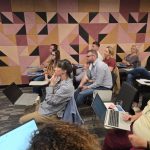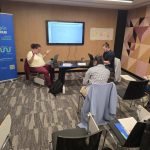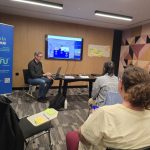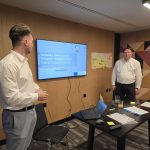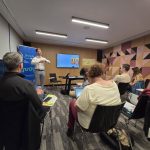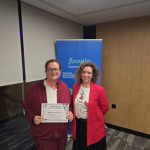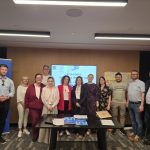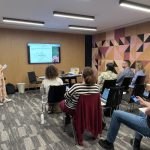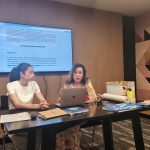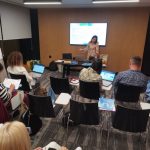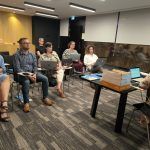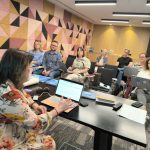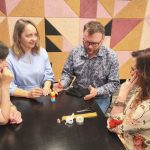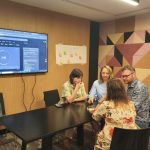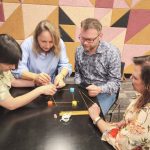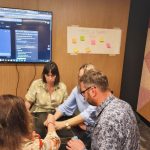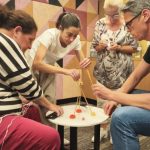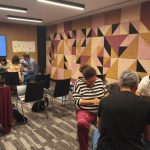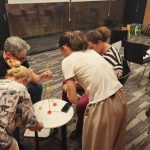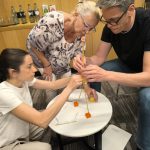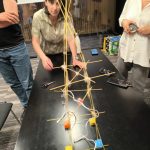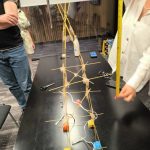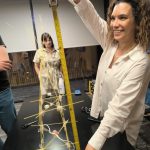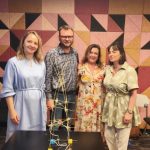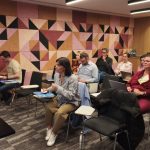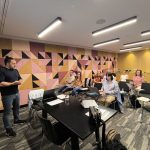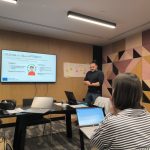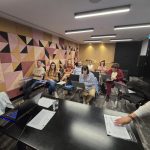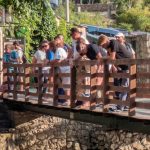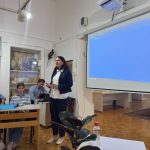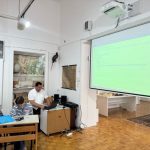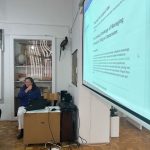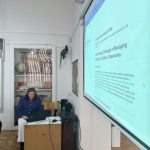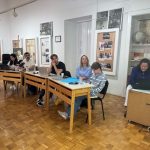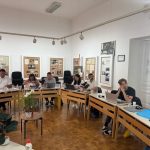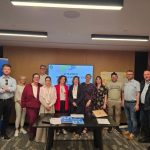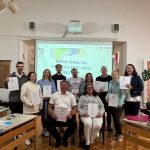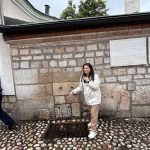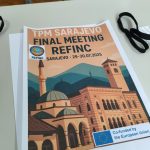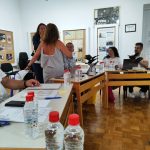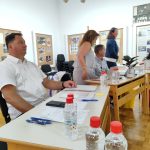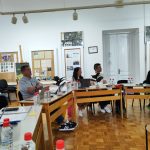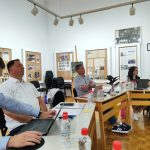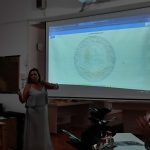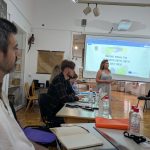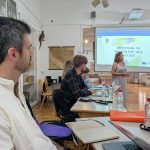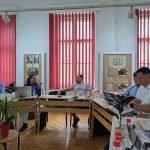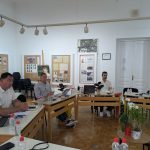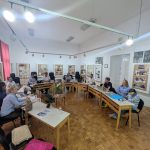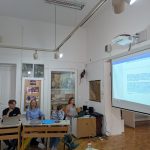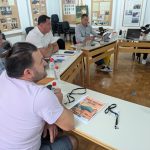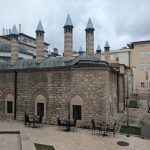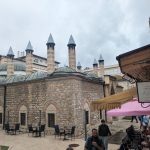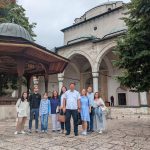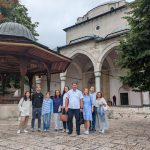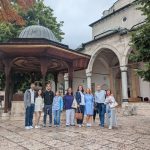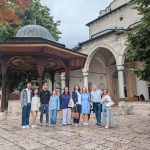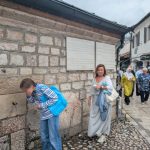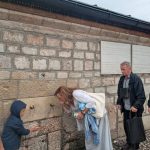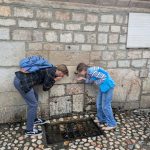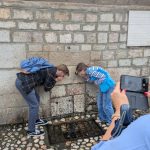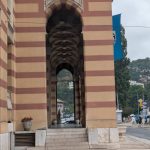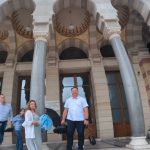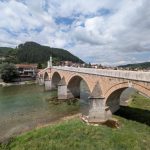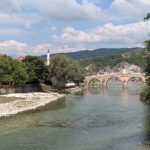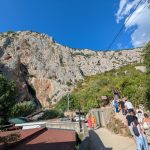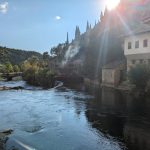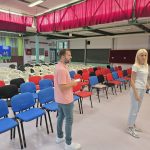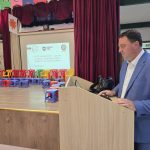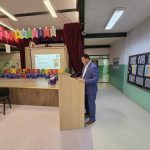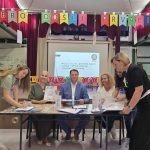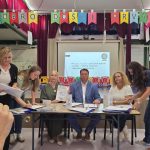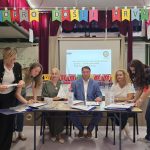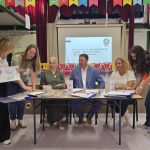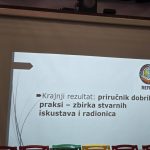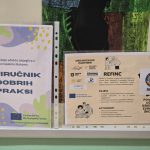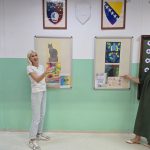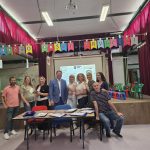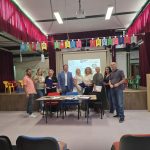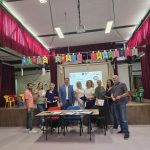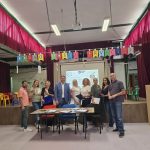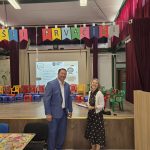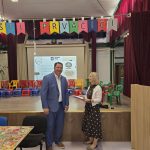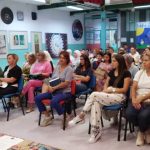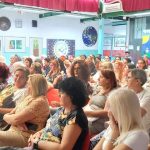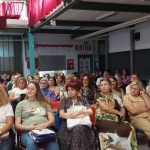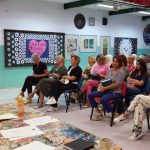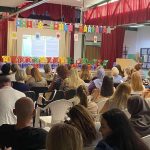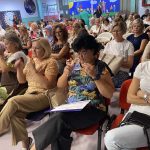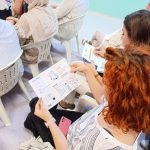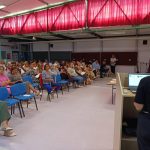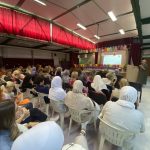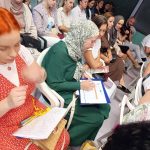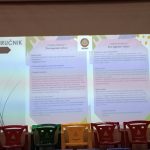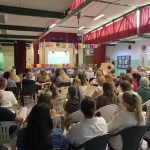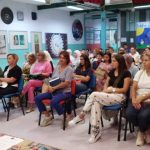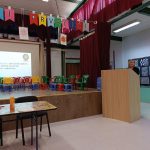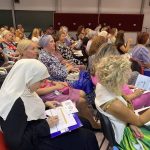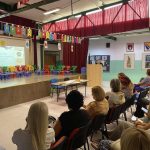As numerous European and Balkan countries hosting refugees grapple with challenges surrounding their integration into the education system, it is crucial to prepare schools and teachers to effectively accommodate these students. With the ongoing war in Ukraine and the continuous influx of refugees from various countries seeking peace and safety, European school systems must be well-equipped to handle this growing demand.
Our project aims to enhance the quality of teaching for refugee students by providing a comprehensive teacher training program and toolkit.
PRIORITIES
Horizontal
Inclusion and Diversity
Sector-specific
Addressing Learning Disadvantages, Early School Leaving, and Low Proficiency in Basic Skills
Challenges Faced by Refugee Children in Education:
Barriers linked to the education system
Refugee children often experience lower learning outcomes when they do not receive appropriate support. For instance, approximately 3 in 4 native-born students achieve proficiency in science, reading, and mathematics, while only 3 in 5 students with a migrant background do so.
Barriers linked to discrimination
Schools occasionally deny admission to foreigners, citing an inability to cope with the challenges they present. Furthermore, teachers working with foreign children often lack sufficient support, such as training and resources.
Cultural differences
Refugee students face significant cultural shocks when they must leave their homes and relocate to another country. These differences can lead to isolation, making it difficult for them to socialize and connect with their peers.
ACTIVITIES
GOALS
- Increase participation of refugee children in schools across Europe
- Encourage refugee children to complete their education
- Create a better future for refugee children
Identified problem 1: History repeating itself
Now is the time to plan for what happens when hundreds of thousands of Ukrainian refugees are welcomed. European funding programmes were not created for a crisis like this. But the question arises whether they can be adapted flexibly to support staff and students in need. (Link)
Identified problem 2: Underperformance
Migrant children also have lower learning outcomes when they are not given adequate support. For example, around 3 in 4 native-born students attain proficiency in science, reading and math but only 3 in 5 students with a migrant background do.
Solution:
The project’s ultimate objective is to elevate the quality of teaching by offering a teacher training program, toolkit, and practical skillset for working with vulnerable populations.
Target Groups:
- Teachers in primary and secondary schools
- Refugee children (aged 10-18)
Outcomes:
Teachers will enhance their skills in welcoming and teaching refugee children through online training, advice, and participation in a community of practice.
Refugee children (aged 10-18) will receive better support in their daily lives, leading to improved academic progress due to the professional attention provided.
We aim to develop teachers’ skills to welcome refugee children into their classrooms
This means, in concrete terms:
- assess the specific needs of refugee children
- gather the needs of teachers,
- define the skills they need to improve to succeed in their mission
- identify the levers of integration of refugee children in the classroom and society,
- share the successes and difficulties that these teachers encounter to improve the practices of each one in his or her particular context,
- and above all providing them with modern and effective tools and methods, but also human and benevolent, to succeed in this integration
To achieve these objectives, we will create, test and put online for free the following deliverables:
- The BOOKLET is a collection of good practices already implemented by teachers in the different partner countries. Beforehand, we will have interviewed many teachers and selected the best practices that they will have communicated to us.
- The REFINC-educational-content : A set of training contents for teachers. These contents will have been validated by a group of experts in the field of support for vulnerable groups, refugee children and active pedagogy.
- A matrix of skills that teachers need to acquire or improve to be effective in their mission
- The train–the-teachers learning (LTT) programme is a comprehensive programme designed to train teachers and will be adaptable to different situations.
- The training toolkit will complete the package; this kit will be composed of the different documents and materials needed to implement teacher training in the different countries
- Finally, we will produce online modules so that they are attractive and easily accessible
With this project, we aim to help refugee children, affected by current events, to help prevent them from becoming marginalized and help to build a more inclusive society. Teachers can use different teaching methods to help refugee children
Innovations in training content that teachers can use:
- The lack of home should be compensated with a warm welcome and understanding by teachers and peers, as well as integrating into communities so they can understand the world isn’t all dark despite what may have seen
- In the new approach, teachers more often interact with refugee students. To help these students feel more at home, we will have them engage in creative activities with teachers who give back
- Volunteers will be involved in providing instructed classes to help them bridge the gap of missed school education
- Relaxation programs are a great way to get more comfortable with their surroundings. These exercises focus on deep breathing, meditation or yoga-like stretches
- A circle of friends is one way to make the learning process more engaging for kids by bringing their peers into classrooms. This can be done through after-school programs or clubs that meet during the time allocated, and it will help them feel like they’re part of a community as well
- Artistic and physical activities and sports will be used to build confidence and allow students to express themselves freely. For example in a universal team sport (football), a small choir, a painting or pottery workshop, and if possible a workshop around circus arts
- It is very important to link school and the surrounding society, especially for a young person who has been destabilized by trauma. We will propose activities to identify the environment near and far such as a walk in the forest, a treasure hunt in the city, or a short trip
Increasing Participation of Refugeesin European schools
The practices outlined here are intended as a toolkit for teachers at both primary and secondary levels, providing clear, actionable steps that do not require extensive additional research. Our goal is to make it easier for educators to create inclusive, compassionate, and effective classrooms. This booklet serves as the first step in our
comprehensive training program, and we hope it becomes a valuable resource as you work to build a better future for all students, regardless of their origins.
e-Learning
APP Colegio Virgen de La Rosa
Specializing in training trainers and offering innovative solutions for teachers, focusing on fostering a more just and inclusive society through collective action.
Edukopro
Experienced in developing training programs and toolkits, excelling in online teaching, learning platforms, and dissemination. They will utilize their platforms and social media expertise to promote the project widely
Smart Idea
Concentrating on entrepreneurship coaching for children in rural North Slovenia, believes in comprehensive growth confidence training to cultivate an entrepreneurial mindset in children
Jumpinhub
With extensive experience in teacher training and a pool of experts, poised to create and deliver e-learning tools for teachers. This project will further their goals by training teachers and providing them with essential educational resources
Life4YOU
Conducting workshops for primary school children, focusing on enhancing peer relations, inclusion, and solidarity, enabling children to become active citizens. This project supports their efforts to address the growing challenge of refugee integration in the educational system
Fundacija Ornament
Offering a wide variety of courses for professionals in school education, particularly primary school teachers, combining innovative teaching methods and non-formal education approaches
NTC:
This partner has developed interactive trainings and workshops which aim on strengthening the mental skills of children, as well as programs for better learning experiences, communication and decision making
Increasing Participation of Refugees in European schools
Throughout this guide, we emphasize the importance of a flexible and adaptive approach to refugee education. Whether working in formal school settings, non-formal educational programs, or community-based initiatives, educators must be prepared to adapt their methods to meet the unique needs of refugee students. This includes being sensitive to cultural differences, addressing language barriers, and providing the necessary support for students who may have experienced trauma.
Course
TRAINING TOOLKIT
As part of the Erasmus+ KA220 project REFINC (Refugee Inclusion in Education), this Train-the-Teachers Training Programme is designed to equip educators with the necessary skills, knowledge, and strategies to effectively support refugee students in the classroom. This Training Implementation Set builds upon previous project outcomes, including the Book of Good Practices and the Framework for Teachers, ensuring a comprehensive and structured approach to fostering inclusive education.
Refugee students often face unique challenges, including language barriers, cultural adjustments, and socio-emotional difficulties. Teachers play a crucial role in facilitating their integration and academic success. This training programme aims to provide teachers with pedagogical tools, methodological guidelines, and practical resources to create supportive and inclusive learning environments.
Refugee students often face unique challenges, including language barriers, cultural adjustments, and socio-emotional difficulties. Teachers play a crucial role in facilitating their integration and academic success. This training programme aims to provide teachers with pedagogical tools, methodological guidelines, and practical resources to create supportive and inclusive learning environments.
INCREASING PARTICIPATION OF REFUGEES IN EUROPEAN SCHOOLS
REFINC is not just a project — it is a joint step toward a Europe where every child has the right to education, safety, and belonging.
U Sarajevu održan završni sastanak projekta REFINC: Jačanje uloge nastavnika u inkluzivnom obrazovanju djece izbjeglica
U Sarajevu, u prostorijama Prve gimnazije, održan je završni sastanak Erasmus+ projekta REFINC (Refugee Inclusion in Classrooms), čiji je domaćin bila organizacija Edukopro iz Sarajeva.
